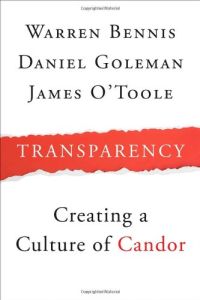
Transparency
How Leaders Create a Culture of Candor (J-B Warren Bennis Series)
Recommendation
At 144 pages, you could finish this slim volume in an evening. Its three, smoothly written essays combine to make an engaging book. Authors Warren Bennis, Daniel Goleman and James O’Toole, writing with Patricia Ward Biederman, blend references to well-known events with useful new accounts of transparency and opacity, and their outcomes. The writers focus primarily on concept and character, but they also offer specific suggestions for action. The essays fall between diagnosing what’s wrong with many organizations, and providing a manifesto on how to fix the problems by using transparency. The book is a clarion call for ethical action and openness. That alone is pretty common; who would openly call for dishonesty and secrecy? However, three things make this collection vital: the personal experience of the authors (especially O’Toole), the synthesis of history and current events, and the clarity of its ethical vision. getAbstract recommends this book to all readers who are interested in business ethics, and to leaders who want to know how to make their organizations more transparent.
Summary
About the Authors
Warren Bennis, author of On Becoming a Leader and co-author of Judgment, teaches at The Leadership Institute at USC. Daniel Goleman wrote Emotional Intelligence and Social Intelligence. James O’Toole wrote The Executive’s Compass. Patricia Ward Biederman co-wrote Organizing Genius and is a former Los Angeles Times writer.









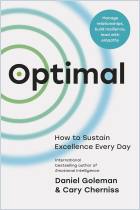



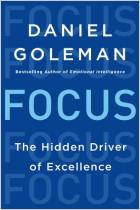



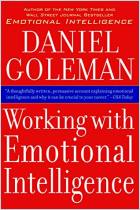


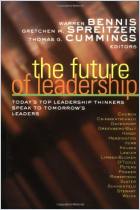

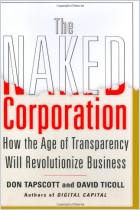
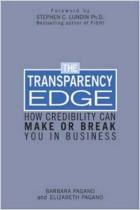
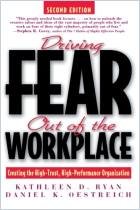
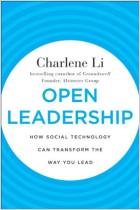
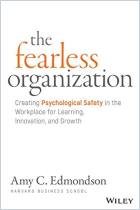
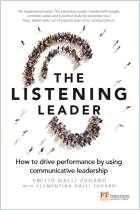




Comment on this summary or Diskussion beginnen